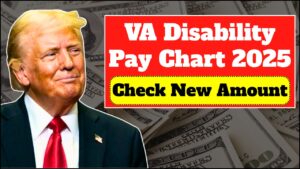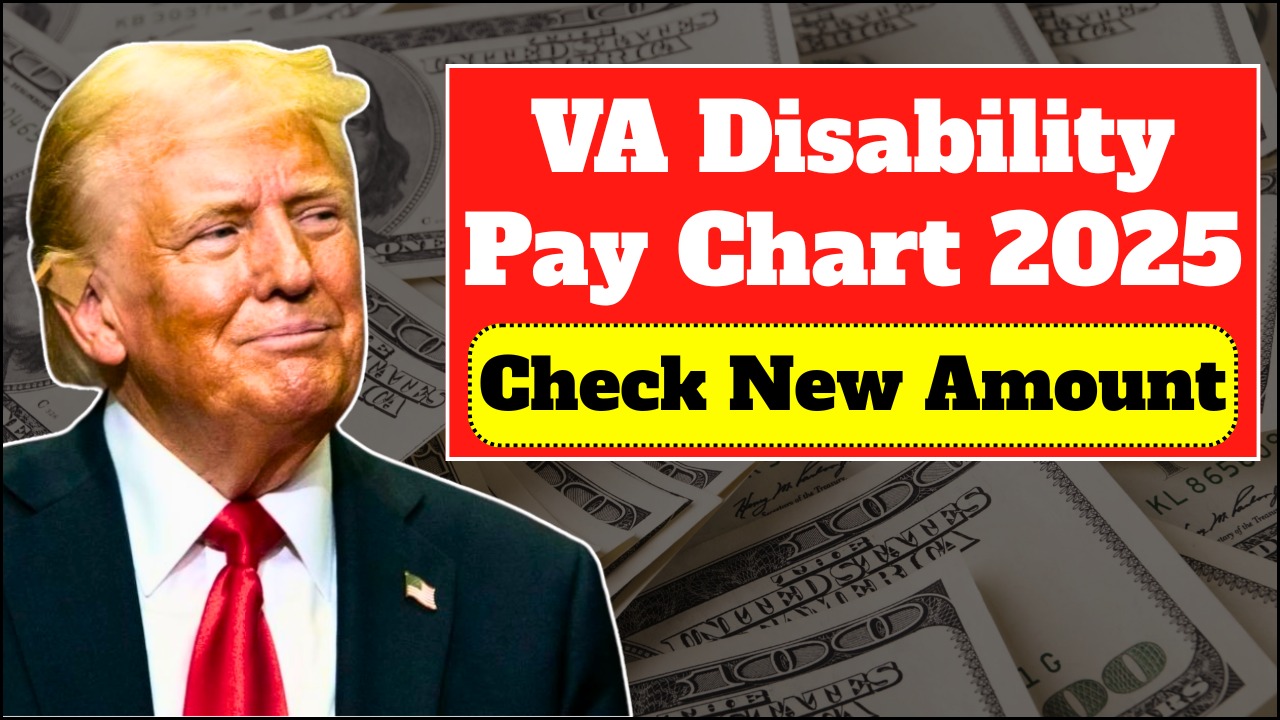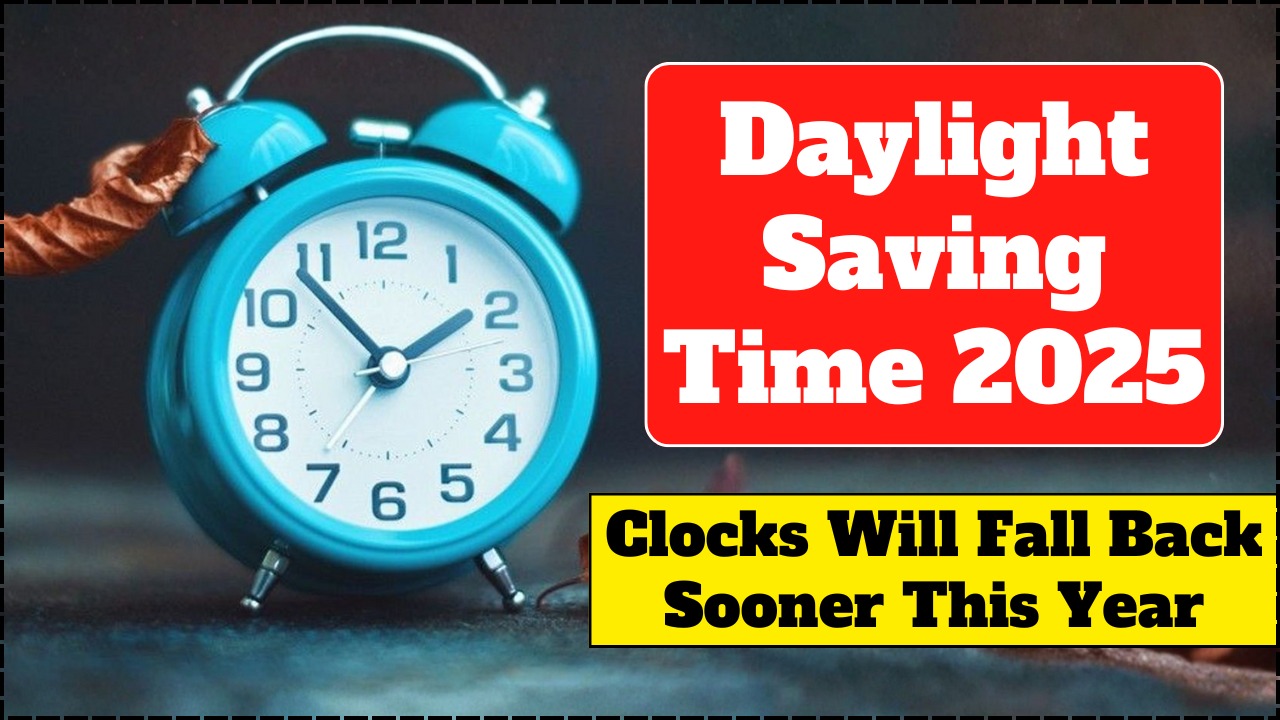For months, the U.S. government has been preparing to end the use of paper checks for Social Security and other federal benefits, pushing recipients toward electronic payments. Officials had set what they called “final” deadlines for this shift. But after growing concerns from seniors and rural residents, the plan is now being quietly adjusted — giving people more time and flexibility.
Table of Contents
Government Is Moving to Digital Payments
The main reason behind this shift is efficiency and security. According to the U.S. Treasury Department, electronic payments are faster, safer, and cheaper than paper checks. Direct deposits or payments through the Direct Express® Debit Card eliminate the risk of checks being lost, stolen, or delayed.
Currently, 99.4% of Social Security beneficiaries already receive their payments electronically. The remaining few still depend on traditional paper checks, which the government says are 16 times more likely to be lost or tampered with compared to direct deposits.
By moving fully digital, the government aims to reduce fraud, save administrative costs, and ensure the timely delivery of benefits each month.
Overview
| Category | Details |
|---|---|
| Program | Social Security & Federal Benefits |
| Managing Authority | U.S. Department of the Treasury & SSA |
| Original Deadline | September 30, 2025 |
| New Approach | Gradual transition with flexibility |
| Digital Options | Direct Deposit / Direct Express® Card |
| Paper Checks Allowed For | Seniors, rural residents, those without bank accounts |
| Official Website | https://www.ssa.gov/ |
The Original Plan to Phase Out Paper Checks
In August 2025, the Treasury Department announced that, starting September 30, 2025, paper checks for federal benefits would largely be discontinued. This plan was introduced under the “Modernizing Payments to and From America’s Bank Accounts” law, which promotes faster, electronic transactions nationwide.
Beneficiaries were encouraged to choose between:
- Direct deposit into a personal bank account.
- Direct Express® Card, a prepaid debit card for people without bank accounts.
The Social Security Administration (SSA) strongly supported this transition, urging all recipients to make the switch before the deadline.
Government’s Updated Position – Paper Checks Still Allowed
However, after receiving widespread feedback, especially from older Americans and rural communities, the SSA has softened its stance. In late September, it confirmed that people who genuinely cannot access or manage electronic payments will still be allowed to receive paper checks.
Those who can continue using paper checks include:
- Senior citizens who find digital banking difficult.
- Residents in remote or rural areas with poor internet or limited banking facilities.
- People without bank accounts or smartphones.
Officials have clarified that while digital payments remain the long-term goal, no one will lose their Social Security benefits for being unable to switch. The change will now happen gradually, with more support and flexibility.
Why This Matters for Beneficiaries
For many seniors, paper checks offer a sense of comfort and reliability. A sudden stop in these payments could have led to confusion, stress, or missed benefits. The SSA’s decision to allow exceptions recognizes that not everyone is ready or equipped for a digital-only system.
This move also reflects a more inclusive approach — acknowledging that modernization should not come at the cost of accessibility.
What to Do If You Still Receive Paper Checks
If you’re still getting your benefits by paper check, here are your current options:
- Switch to direct deposit – If you have a bank account, this is the easiest and safest way to receive payments.
- Apply for a Direct Express® Card – A government-backed debit card for those without a bank account.
- Request a waiver – If you cannot transition to digital payments, contact the U.S. Treasury’s Payment Center to explain your situation and request permission to continue with paper checks.
Balancing Modernization with Fairness
The government’s gradual approach aims to balance technological progress with fairness. While cost savings and fraud prevention remain top priorities, ensuring that no beneficiary is left out is equally important.
The revised plan shows that modernization doesn’t have to mean exclusion. Instead, it’s about helping everyone make the shift at their own pace.
What’s Next
The September 30, 2025, deadline remains in place, but it’s no longer a strict cutoff. Instead, the SSA and Treasury are focusing on education and assistance — offering more resources, outreach programs, and help centers to guide people through the digital transition.
Expect community partnerships with local banks, senior centers, and nonprofits to help citizens set up direct deposits or use the Direct Express® Card.
This softer approach ensures that progress continues without disrupting the lives of those who depend most on Social Security benefits.
Final Takeaway
The U.S. government’s plan to move away from paper checks is still in motion, but it’s no longer being enforced with rigid deadlines. Beneficiaries who can go digital are encouraged to switch soon, while those who cannot will still receive their payments securely. The goal remains clear — to modernize payments while ensuring fairness and accessibility for all.
FAQs
No, paper checks will still be allowed for people who cannot transition to electronic payments.
You can choose either direct deposit to a bank account or a Direct Express® Debit Card.
You can contact the U.S. Treasury’s payment center to request a waiver and continue receiving paper checks.








